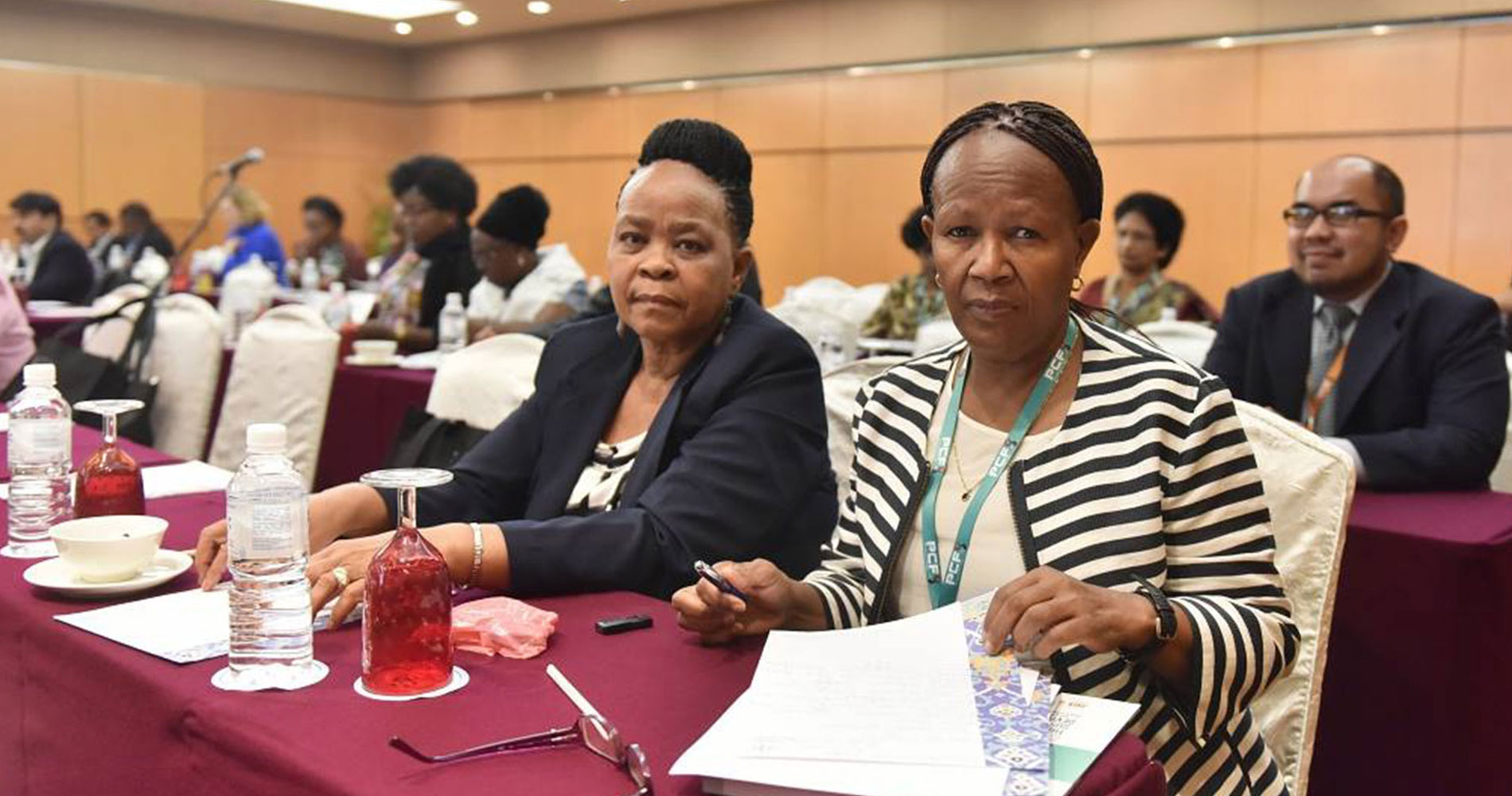
KLCC, 28 November: A parallel session on open educational resources (OER) in the Commonwealth was held to introduce the latest COL Report entitled OER in the Commonwealth 2016.
The presenters touched on the Paris OER declaration which was formally adopted at the 2012 World Open Educational Resources (OER) Congress at the UNESCO Headquarters. The Declaration encouraged governments to contribute to the awareness and use of OER and to develop strategies and policies to integrate OER in education.
Based on a survey conducted for the COL report, the presenters found a gap in the development and implementation of OER throughout the Commonwealth. The main barriers included lack of time, access to technology and the Internet, quality materials and adaptability of existing materials for students' needs. Integration of OER in regular teaching and learning was also an issue to grapple with.
Dr Catheryn Ngugi from OER Africa and Prof Ariadurai from Open University Sri Lanka provided commentaries on the report from the African and Asian perspectives respectively. The survey revealed that the use of OER was cost-saving – a crucial factor for students. Affordable resources enabled them to study without having to face the anxiety of costly fees.
The survey also revealed that the notion of open was relative as OER was available to different extents in different areas. Lack of skills, quality and relevance were issues that needed resolving for better access and use of OER.
Meanwhile, Prof Ariadurai said training of teachers to deliver OER has not caught up with the speed of availability of OER materials. The traditional system of teaching and learning, he explained, would be enriched with the use of OER materials as they help meet the demand for continuing education for the masses.
He concluded that the report was “cynical” but would go a long way in identifying challenges in OER adoption and resolving issues pertaining to its use.